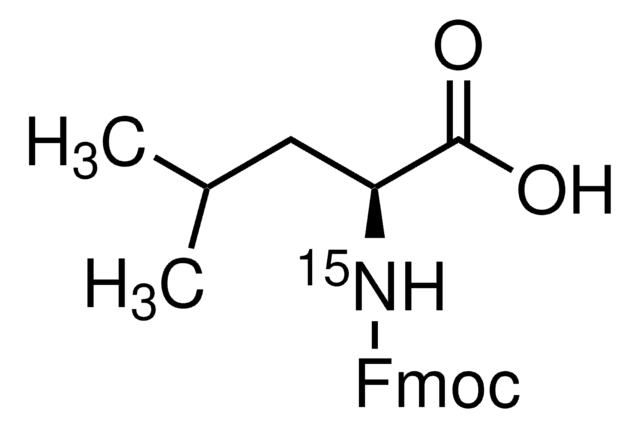539996
Acetic anhydride
99.5%
Synonym(s):
Acetanhydride, Acetic acid anhydride, Acetyl acetate, Acetyl anhydride, Ethanoic anhydride
About This Item
Recommended Products
vapor density
3.5 (vs air)
Quality Level
vapor pressure
10 mmHg ( 36 °C)
4 mmHg ( 20 °C)
Assay
99.5%
autoignition temp.
629 °F
expl. lim.
10.3 %
refractive index
n20/D 1.390 (lit.)
bp
138-140 °C (lit.)
mp
−73 °C (lit.)
solubility
water: slightly soluble
density
1.08 g/mL (lit.)
functional group
anhydride
ester
SMILES string
CC(=O)OC(C)=O
InChI
1S/C4H6O3/c1-3(5)7-4(2)6/h1-2H3
InChI key
WFDIJRYMOXRFFG-UHFFFAOYSA-N
Looking for similar products? Visit Product Comparison Guide
General description
Application
Signal Word
Danger
Hazard Statements
Precautionary Statements
Hazard Classifications
Acute Tox. 2 Inhalation - Acute Tox. 4 Oral - Eye Dam. 1 - Flam. Liq. 3 - Skin Corr. 1B
Storage Class Code
3 - Flammable liquids
WGK
WGK 1
Flash Point(F)
120.2 °F - closed cup
Flash Point(C)
49 °C - closed cup
Personal Protective Equipment
Regulatory Listings
Regulatory Listings are mainly provided for chemical products. Only limited information can be provided here for non-chemical products. No entry means none of the components are listed. It is the user’s obligation to ensure the safe and legal use of the product.
PDSCL
Deleterious substance
PRTR
Class I Designated Chemical Substances
FSL
Group 4: Flammable liquids
Type 2 petroleums
Hazardous rank III
Water insoluble liquid
ISHL Indicated Name
Substances Subject to be Indicated Names
ISHL Notified Names
Substances Subject to be Notified Names
JAN Code
539996-4KG:4548173943848
539996-VAR:
539996-18KG:4548173943817
539996-1KG:4548173943824
539996-BULK:
539996-CH:
539996-25G:4548173943831
Choose from one of the most recent versions:
Already Own This Product?
Find documentation for the products that you have recently purchased in the Document Library.
Customers Also Viewed
Our team of scientists has experience in all areas of research including Life Science, Material Science, Chemical Synthesis, Chromatography, Analytical and many others.
Contact Technical Service









